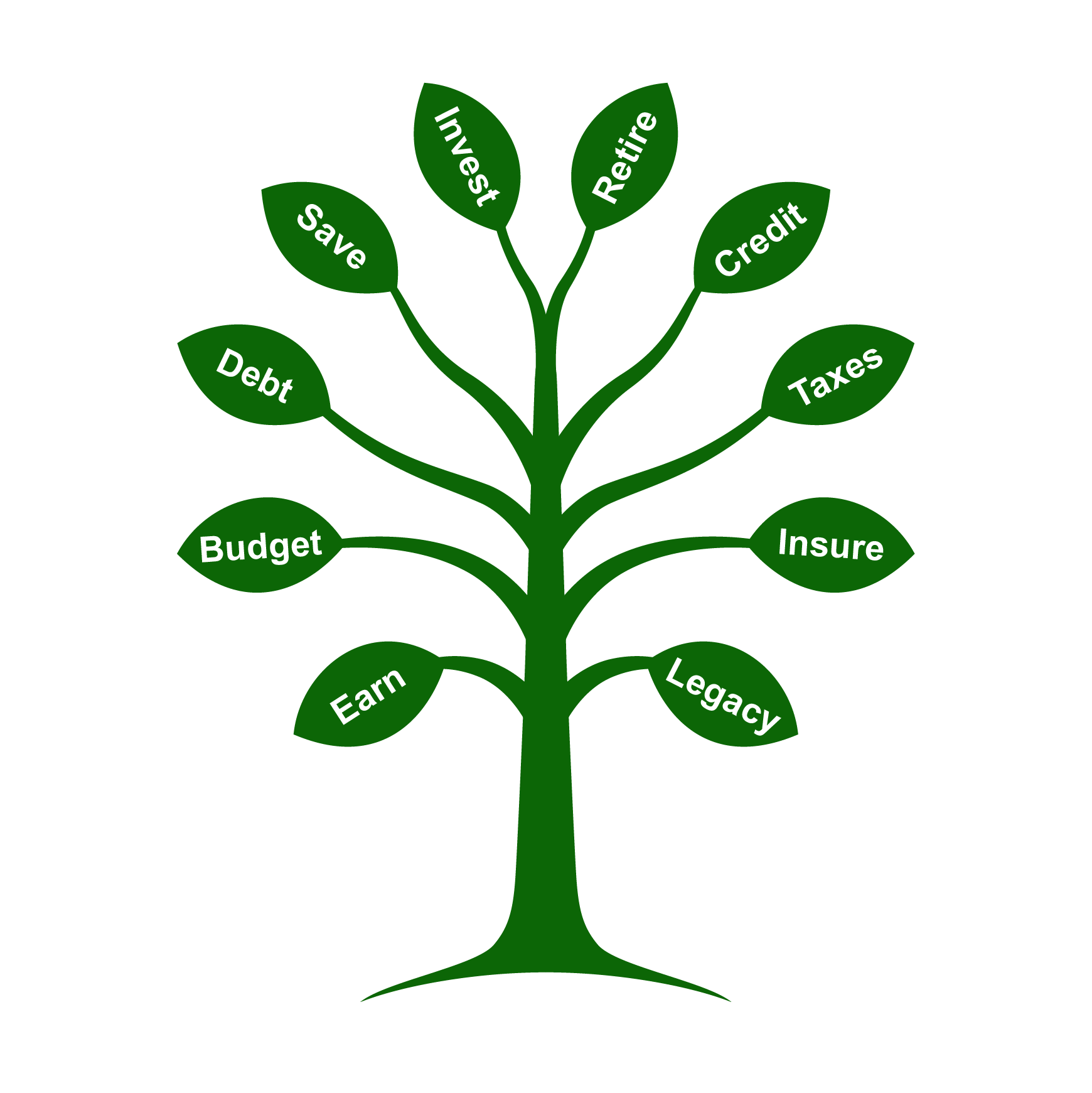Are You Recession Resistant?

During a recession, households tend to struggle with living costs, and businesses typically struggle to meet revenue goals. Due to the ongoing effects of the COVID-19 pandemic and other factors, many analysts believe we might be on the cusp of the next recession.
A business is considered recession resistant if it provides products or services that people will budget for regardless of economic headwinds. But it’s not just businesses that can be recession resistant. Here are some of the ways everyday people can take steps to help prepare for — and mitigate the impact of — the next recession, whenever it might occur.
Don’t panic. It’s important to approach your financial game plan with a level head. Through thoughtful planning, you can prepare for a recession. But when you panic, decisions may become irrational or fear-based. Instead, be proactive, and assess your finances and goals calmly.
Bolster your emergency fund. It’s a good idea to begin adding to your savings regularly in the face of a potential recession. If you have 0-3 months of an emergency fund stashed away, try to get to the point where you have 3-6 months’ worth. If you’re already set for 6 months, try saving up for a year.
Pay down credit cards before your mortgage. Revolving credit lines tend to have higher interest rates, few options for relief and a high impact on credit scores. These should be one of the first types of debt you try to pay off. Mortgages, on the other hand, are often referred to as “good” debt. Unless you can pay your mortgage down comfortably, keep paying that off on schedule.
Lower household expenses. Tightening your belt during a recession can be an important way to help you set more money aside. Thankfully, household expenses can often be reduced with a series of small changes. Try buying store brands, be careful about utility use and reduce food waste. If there are subscriptions you can live without, consider putting them on hold.
Pick up a marketable skill. One of the most devastating byproducts of recessions is layoffs. As businesses struggle, many are forced to downsize their workforce. For employees who have a niche skill set in particular, it may help to pick up a new, in-demand skill. Webinars, online courses and vocational schools all provide valuable career development opportunities.
Start a side hustle. Gig apps like Fiverr and Upwork allow anyone to create a profile and begin marketing their expertise. If you have a skill that others need, try offering freelance or contract services. These kinds of skills can range from writing to childcare and more. In fact, many crafty DIY enthusiasts have found success — and a new income stream — marketing their products on sites like Etsy.
Build your professional network. There’s an old saying “it’s all about who you know,” which applies especially to a job hunt. Skills aren’t the only important factor to help you get back in the workforce if you get laid off. LinkedIn and other job sites can help you grow your professional network, which may translate to a foot in the door to a great job opportunity later.
Update your resume. Most job seekers dread the hunt, but if you’re currently employed, you can make it easier for yourself if you end up having to look for a new position later by updating your resume. Especially if an economic recession is looming, it’s important to be able to jump into a job search quickly and effectively. Take a look at sample resumes of successful candidates for inspiration.
Focus on fitness. While not every health issue can be anticipated or avoided, maintaining overall wellness is one of the most important ways to help you sidestep costly medical bills. Start preparing now by improving your sleep quality, working on improving your diet, getting regular exercise and managing stress. If you’re able, it might also be a good time to see your doctor for a wellness check.
Review insurance policies. Insurance could be a literal life saver during an emergency, so it’s especially important to review your policies if you want to be more resilient during tough times. Does your car insurance have adequate coverage? Are you able to manage your health insurance deductible? Shop around for new policies, or fine tune your current coverage, to make sure you and your family are better prepared for an untimely and expensive emergency.
Get professional guidance. A financial advisor can help you determine goals and develop a sensible plan to meet them, especially if you’re getting close to retirement age. Advisors have specialized knowledge about laws, programs and savings techniques that may mean the difference between adding to your savings during a recession and draining them.
Take care of yourself. While it’s natural to be concerned about money and the future, it’s also important to manage your worry and not let it overwhelm you. Although it may seem like recessions are the most difficult time to manage self-care, these stressful periods can be some of the most important times to prioritize it. Wellness apps can help you maintain self-care habits, but so can counseling from a mental health professional.
You Can Weather the Storm
Recessions are a natural part of economic cycles we all live through. They can be scary — but don’t let fear overwhelm you. With careful planning, awareness of your finances and preparation, you can help yourself become more resilient in the face of recession.
Source


